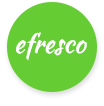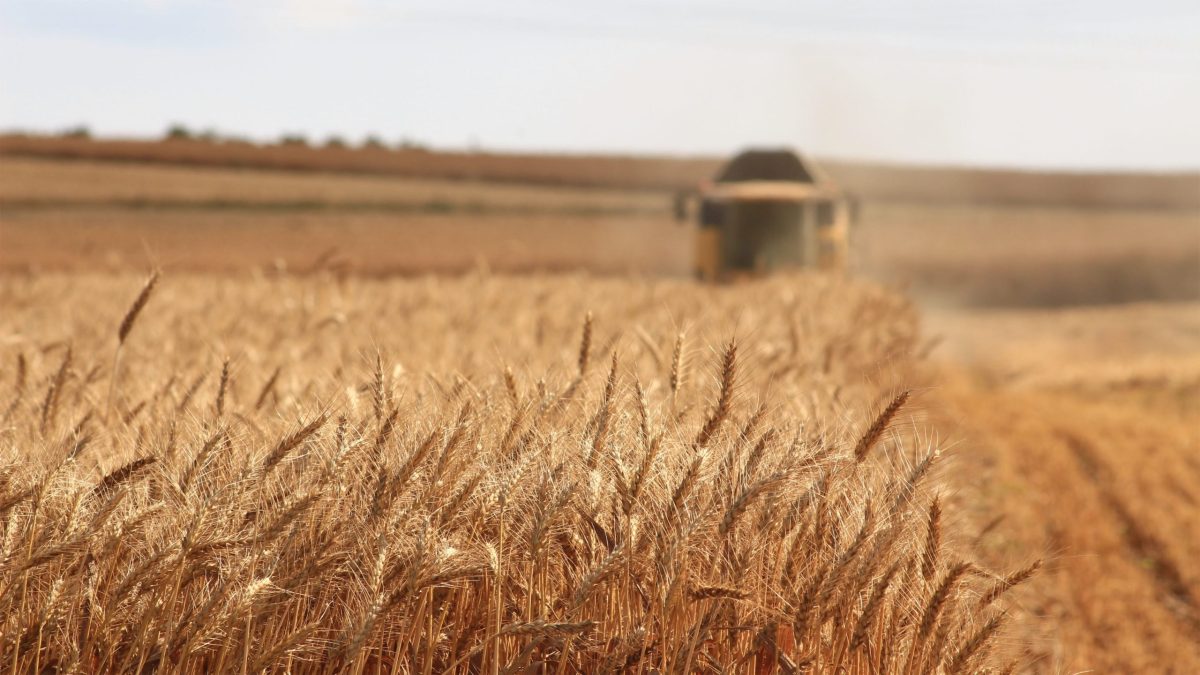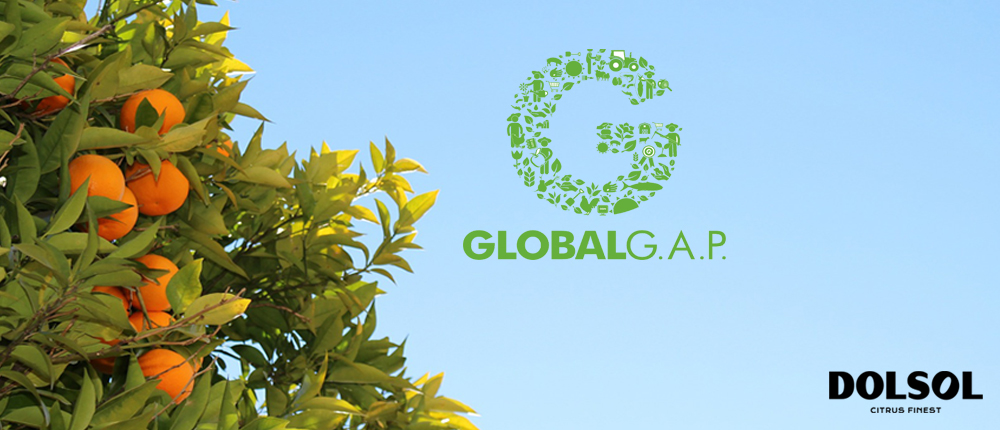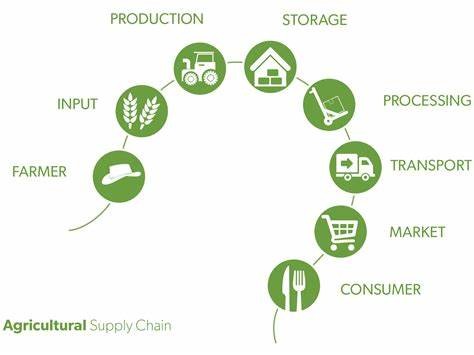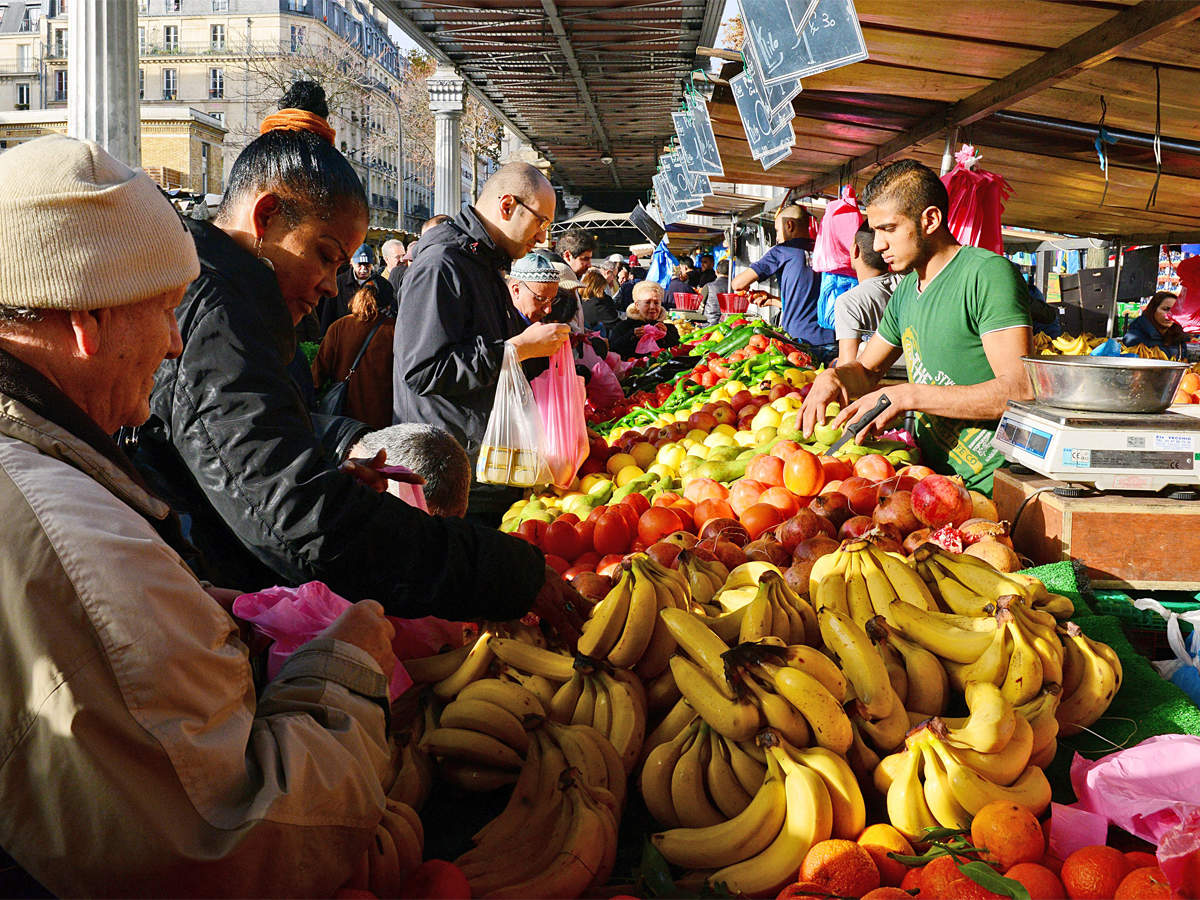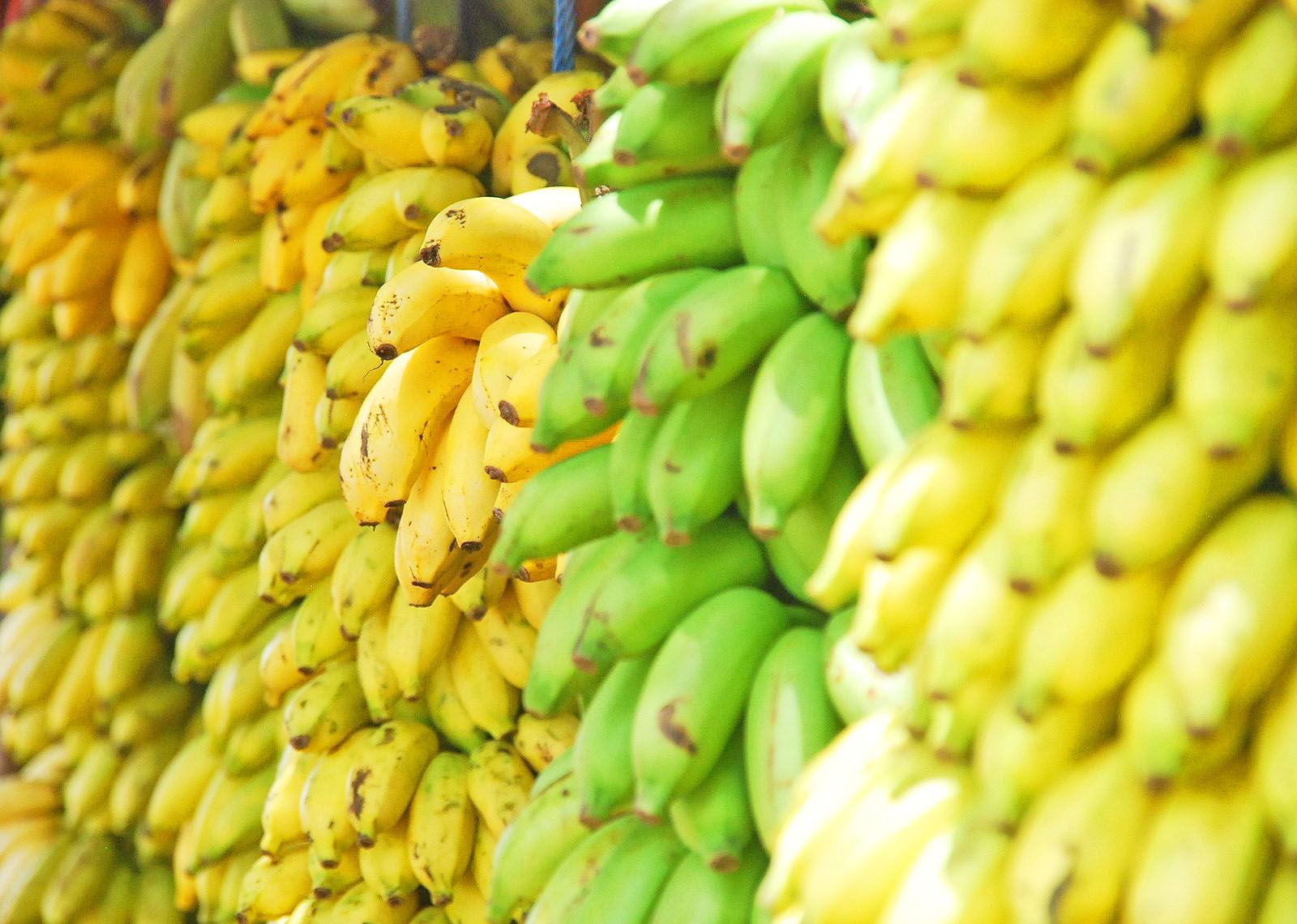Innovation via technology and digitalization have been seen as pragmatic solutions to help address some of the greatest challenges facing the global food system. Food demand is increasing. Suppliers are seeking for greater distribution and access to the regional or global supply chain. Customers are asking for food traceability, greater price transparency, as well as faster, round the clock access to information. New digital platforms have emerged in an attempt to address these market needs.
According to AgFunder’s Agri-FoodTech Funding Report 2019, $786 million of funding — or 4% of total investment in the agri-foodtech space — across 104 deals with a median deal size of 1.5 million was invested in agribusiness marketplaces last year as global agribusiness moves quickly to catch up with the eCommerce trends globally.
Who’s developing digital agribusiness marketplaces and platforms, and where?
Two major organisation profiles emerged when we analysed the existing agribusiness marketplaces and eCommerce platforms. First are startups, primarily based in emerging markets, seeking to disrupt the industry via digital transformation. They aim to improve and streamline procurement processes, provide greater price transparency, and enable provenance via blockchain technology. Second, are large multinationals or leading regional foodservice companies such as Cargill, US Foods, Bayer and Nestle.
Agribusiness eCommerce and marketplace startups are receiving a majority of the funds.
The 2019 AgFunder report reported that the 9 out of the top 20 ag marketplace funding went to Asian startups engaged in marketplace and eCommerce operations — 6 Chinese (Xinliangji, Qdama, Yimutian, Dafengshou, Just Free and Guoquan Shihui), 2 Indians (Ningacart and Agrostar) and 1 Japanese (Sorabito). The remaining went to independent businesses based in the US (3), Brazil (1), Argentina (1), UK (2), Colombia (1), Egypt (1), Uganda (1) , Jordan (1) , and Switzerland (1).
Many of the top 20 invested marketplaces are located in developing countries with strong agriculture economy. These agribusiness startups engaged themselves to offer different products and services within the agriculture or foodservice value chain:
· Trading platforms to facilitate sale, leasing and/or rental of agriculture machinery and equipment;
· Farmers-to-farmers or farmers-to-restaurants/retailers networks;
· B2C retail and distribution of food and equipment;
· B2B procurement of wholesale food, grocery and/or equipment marketplaces;
· Direct sales platform for agriculture inputs, machinery and replacement parts;
· Agriculture insurance and/or procurement financing; and
· Crowdfunding or financing for farmers.
There are also other notable international marketplace players who started their online platforms earlier.
In the US, Agroy, e-FRESCO are e-commerce platforms that lets farmers connect with other farmers and find wholesale products from around the globe. CommoditAg, founded in 2017, offers an online platform of high-quality farmer products such as crop protection and plant nutritional products to agriculture retailers). Agrellus is an online and mobile marketplace that brings together buyers and sellers of agricultural inputs, services and commodities and this company is established in 2015.
In France, Agriconomie founded in 2014, is an online retailer which aims to become the Amazon of agricultural supplies. Yagro in the United Kingdom started off as an online marketplace connecting farmers with their suppliers and seeks to alleviate the pain points experienced by farmers in the purchasing and procurement of inputs by enabling them to request quotes and place orders online. Today, Yagro offers competitive farmers insurance and real-time comparative price checks that let farms anonymously compare their ag-chem bill with 100% verified prices from the rest of the market, in addition to operating the Yagro Marketplace.
Traditional multinational and regional players are investing in eCommerce and marketplaces.
Multinational or regional agriculture and/or food service players are also investing into eCommerce and marketplace platforms to augment their existing operations and increase their B2B customer offering, although the number is significantly less than those of the agribusiness marketplace startups.
In the US, major players like Cargill and US Foods have invested in deploying their own agribusiness eCommerce and/or marketplaces last year. Cargill launched a digital platform called myCargill.com in March 2019 with a pilot group of Cargill’s edible oil customers in the US with the intention of expanding into other food areas, as well as to its global customers and supplier base. Its features include online ordering, the ability to review order history and invoices, access to food safety information, and access to food safety and product specifications. More capabilities are in planning.
US Foods, a 24 multi-billion dollar distributor, has done significant business through eCommerce with 350,000 SKUs and more than 250,000 customers. It has engaged in online selling for the last 20 years, which was back then prompted by major hotel chains who needed 24/7 access to products ranging from food products and cooking equipment for their hotel and restaurant operations, and subsequently to other restaurant chains and outlets which they service. In July 2019, US Foods Direct, a B2B food sourcing marketplace was debuted to complement US Foods’s primary eCommerce site at USFoods.com with more than 40,000 hard-to-find specialty and niche food products from independent suppliers and distributors, and reconnecting them to more than 250,000 restaurants and foodservice operators. Today, it generates annual sales of $24 million.
Multinational Bayer also launched an agro marketplace called Orbia last year in October, combined with a loyalty program for farmers called Impulso Bayer. Under the model, a rural producer accumulating points at Impulso Bayer can exchange them for products and services on Orbia. The logic is similar to airlines’ frequent flyer programs. This program presents a catalog with more than 700 different products and services to a base with 140,000 engaged producers, equivalent to 65% of planted area in Brazil.
Although Asia supports the food needs of 60% of the global population in roughly 23% of the world’s agriculture land, it is surprising that we have yet to see many mid- to large-sized Asian-based traditional agriculture organisations investing or launching online agribusiness marketplaces or eCommerce sites. Most of the new entrants are deployed by Asian-based startups and spread across China, India, Indonesia (iGrow), Vietnam (MimosaTek), Malaysia (Cityfarm), and the Philippines (Cropital), with China and India dominating.
Where is the next wave of evolution in agribusiness marketplaces?
It is without a doubt that marketplaces will continue to grow in dominance as a business model in various stages within the value chain of the agriculture industry.
So, what are the next wave of trends impacting this marketplace platform technology? We believe there are at least four areas where we expect increasing focus, investments and deployments:
1. B2B user expectations are moulded to those of B2C
There is a great upside to being one of the slower market sectors to embark on B2B marketplaces. At least 80% of B2B buyers are not only looking for but expect a buying experience like that of a B2C customer. Given many B2B buyers are interacting with B2C marketplaces in their day-to-day private lives, we will expect the B2B customer demand for user experience to grow more similar to those of B2C with every day passing.
Omnichannel communication and a personalization experience to deliver a convenience and seamless purchasing process seem will gradually become an essential differentiator to acquire new customers and drive customer retention and loyalty.
2. Increasing adoption of blockchain agriculture
Blockchain agriculture is predicted to grow in importance as food quality is fast becoming an issue of concern globally. Imagine the journey our food takes after it leaves the farm as it passes through numerous hands and processes before getting onto the dinner table. Through blockchain technology, we will be able to attain both provenance and traceability from food source to destination via one single source of the truth. This empowers all buyers to have greater supply chain transparency and increase consumer trust in the food purchased.
Foodshed , Agrimp and e-FRESCO are two examples of blockchain enabled agribusiness platforms. Foodshed uses blockchain technology to create transparency supply chain, reduce supply chain inefficiencies by connecting local sustainable and independent producers to local wholesale markets, restaurants and grocery stores on via its mobile marketing and logistics app. Agrimp is a B2B cloud-based digital marketplace for transactions of food crops with complementary services including logistics, quality inspections, secure payments, and legal support. Agrimp has introduced blockchain technology to improve food traceability and sustainability, and insurance coverage for all the major risks known in the agri-business.
Despite blockchain’s apparent benefits, it will take some time for the blockchain technology to be truly affordable and scalable, especially for adoption in the developing countries where agribusiness is significant to the overall economy.
3. Expansion of complementary ecosystem products and services to agribusiness marketplaces
Today, most agribusiness marketplaces started off being relatively specialized in their value proposition to address specific pain points within the food chain. As they scale, they can’t rely on being a niche player. Ecosystem partnerships become a critical competitive advantage with partners providing augmentative products and services to the different users within the agribusiness marketplace.
The large captive user base of a successful marketplace offers massive opportunities for monetization with limited marketing investments. Examples of such complementary services could be marketing services, microfinancing, farmer insurance and financing, food quality assurance and validation services, warehousing and logistics services or equipment warranty and maintenance services.
Yagro is the closest illustration of an agribusiness marketplace ecosystem that was identified. With Yagro Marketplace being the key foundation platform, complementary services such as Yagro Insurance, Price Check, Programme Check and Strategic Agronomy are added as part of an integrated offering to the farmers.
4. Continuing investments in online marketplaces with future consolidation
The development of agribusiness marketplaces is still in its infancy stage compared to other industry sectors (e.g., retail, consumer goods and industrial) which has been affected and reshaped by marketplace technology advancements. We will see a greater number of new startups being founded and investment funding poured into promising startups as they address technology and supply chain inefficiencies along the food chain.
Future acquisitions are also likely to occur as larger-sized traditional agriculture organisations take an increased interest in these online agribusiness marketplaces and leverage acquisitions to gain faster market entry vs. building their own in-house digital platforms. However, we do not foresee such consolidation efforts in the immediate two years as the general conservative nature of these businesses will more likely trigger a monitoring behaviour to identify the optimal acquisition candidates for the right time, right place purchase further into the future.
 English
English 